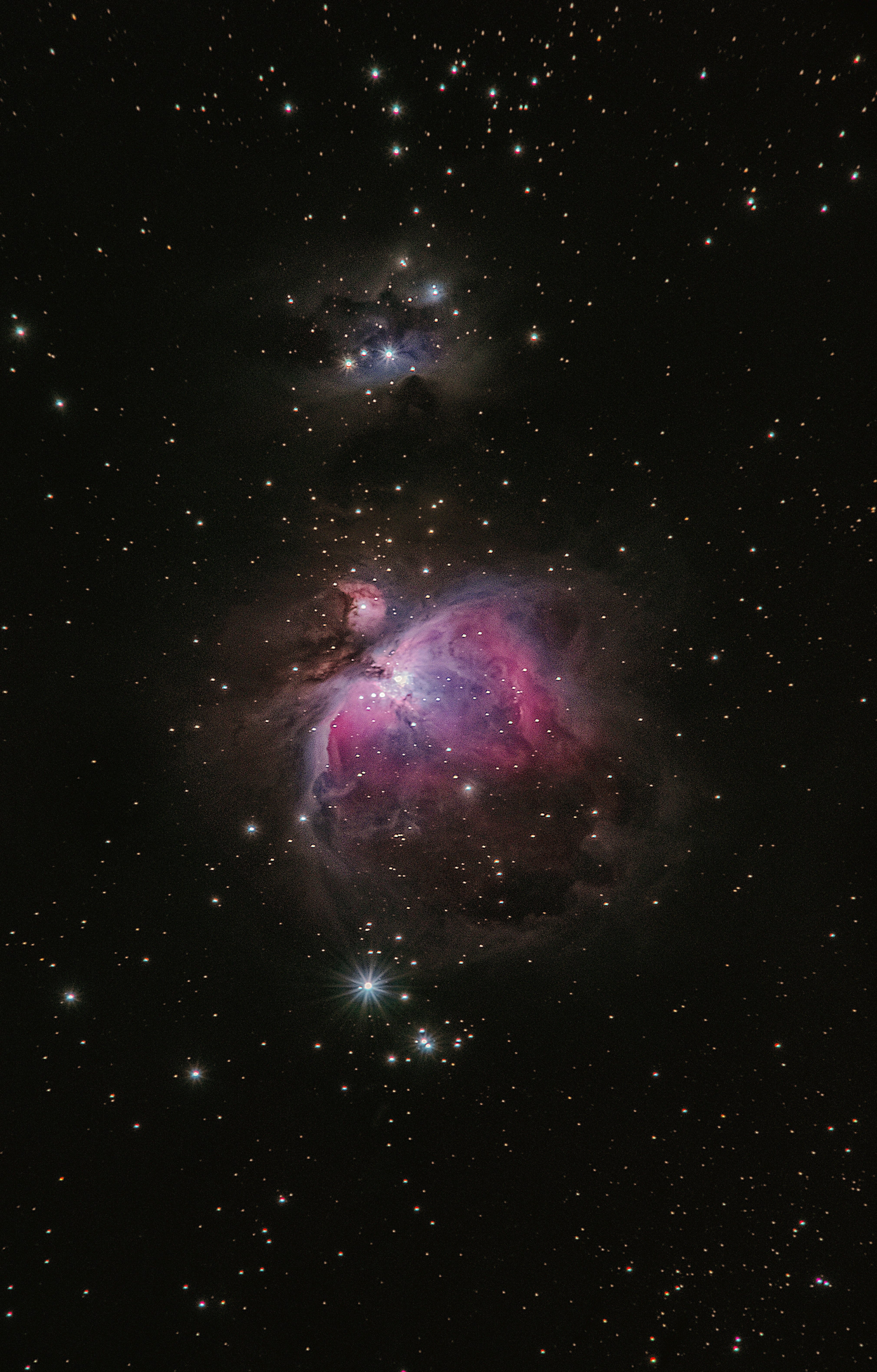Cash-Rich German Dioceses: A Pope in the Making?
Potential financial dilemmas within the Vatican spark discussions regarding a potential future pope of German origin.
The next pontiff could soon find themselves drowning in the Vatican's financial woes. But what about the German cardinals? Allegedly one of them, Munich Archbishop Reinhard Marx, stands a chance at the Holy See, thanks to his knack for managing the green. With the Vatican's finances reportedly circling the drain, would the Germans tip the scales?
In Germany, archbishops like Marx preside over wealthy dioceses. Recently, the Archdiocese of Munich-Freising boasted a surplus of 19 million euros, with a balance sheet total of almost 4 billion euros. Despite church tax revenues dwindling, and lesser dioceses struggling, some of Germany's dioceses, like Paderborn and Cologne, are known for their astounding wealth.
However, the dioceses keep their finances private. Following financial scandals in Limburg and Freiburg, the German Bishops Conference pledged greater transparency, but still hides critical details about its financial health. Churches, receiving public funds, enjoy tax exemptions in Germany.
Experts Crunch the Numbers
Churches' main income source is the church tax, supplemented by donations and investments in stocks and real estate funds. Moreover, dioceses own commercial properties nationwide, such as the Aachener Siedlungs- und Wohnungsgesellschaft, a company owned by dioceses like Cologne, Paderborn, Trier, Münster, Essen, and Aachen. Its equity exceeded 760 million euros in 2023.
Experts estimate the wealthiest dioceses in Germany, like Paderborn and Cologne, to possess staggering assets. Values from 2020 suggest Paderborn holds over 7 billion euros, making it the wealthiest diocese in the country. Cologne, on the other hand, is home to roughly 2.8 billion euros in equity.
Not All Wealth is Shown
Despite promises of enhanced transparency, the total wealth of the dioceses remains elusive. Accounting for numerous local church communities and charitable organizations within the church, it is tough to pinpoint the exact extent of church riches. For example, Cologne Cathedral, a renowned cathedral, is listed at just 27 euros in their books. The actual value of the cathedral, with its priceless artworks, remains difficult to estimate.
In times of declining church tax revenues, dioceses struggle to maintain their wealth. Munich-Freising lost 41 million euros in church tax revenues in 2023. With financial disclosures being scarce, one can only speculate whether these challenges will seriously impact the wealthiest dioceses.
While we await a new pope, the question remains: Will a German cardinal rise to the papacy, or will the Holy See be saved by a miracle? The cardinals will ultimately decide the fate of Reinhard Marx and the German dioceses. Still, the German dioceses' wealth holds significant influence within the Church, shaping theological discussions and policies, potentially setting the stage for more German clergy to take prominent roles in the Church hierarchy. After all, as they say, money talks.
Enrichment Data:- Financial Wealth: The combined wealth of the German Catholic Church is estimated to range from $47.24 billion to $265.62 billion, including assets from church taxes, investments, real estate, and other sectors.- Impact on Vatican Finances: Germany is the Vatican's largest external contributor, providing significant support through diocesan subsidies and other means.- Influence on Papal Elections: The substantial financial support from German dioceses and their influence within the Church could indirectly impact the selection of papal candidates, positioning German bishops or cardinals as powerful figures.- Declining Church Tax Revenues: Church tax revenues are on the decline due to various factors, impacting the wealth of the German dioceses and their ability to support the Vatican.- Transparency Issues: Despite promises of improved transparency, the German dioceses remain secretive about their financials, making it difficult to assess their true wealth and the challenges they face.
- The employment policy of the German dioceses, particularly those in Munich-Freising, Paderborn, and Cologne, has afforded them immense wealth due to their efficient management and diverse income sources.
- Given the substantial financial wealth of some German dioceses, such as Paderborn and Cologne, they potentially wield considerable influence in shaping both community policy and theological discussions within the Church.
- The papal election could see a German cardinal, such as Munich Archbishop Reinhard Marx, being chosen for the Holy See, considering the financial prowess of German dioceses, which is the Vatican's largest external contributor.
- In the midst of declining church tax revenues, the employment policy of these dioceses hangs in the balance, raising concerns about their ability to maintain their financial status and support the Vatican.
- Despite the promises of increased transparency, the exact extent of the financial wealth of the German dioceses, including their charitable organizations and real estate holdings, remains elusive, making it difficult to fully assess their impact on the Church and the Vatican's finances.



